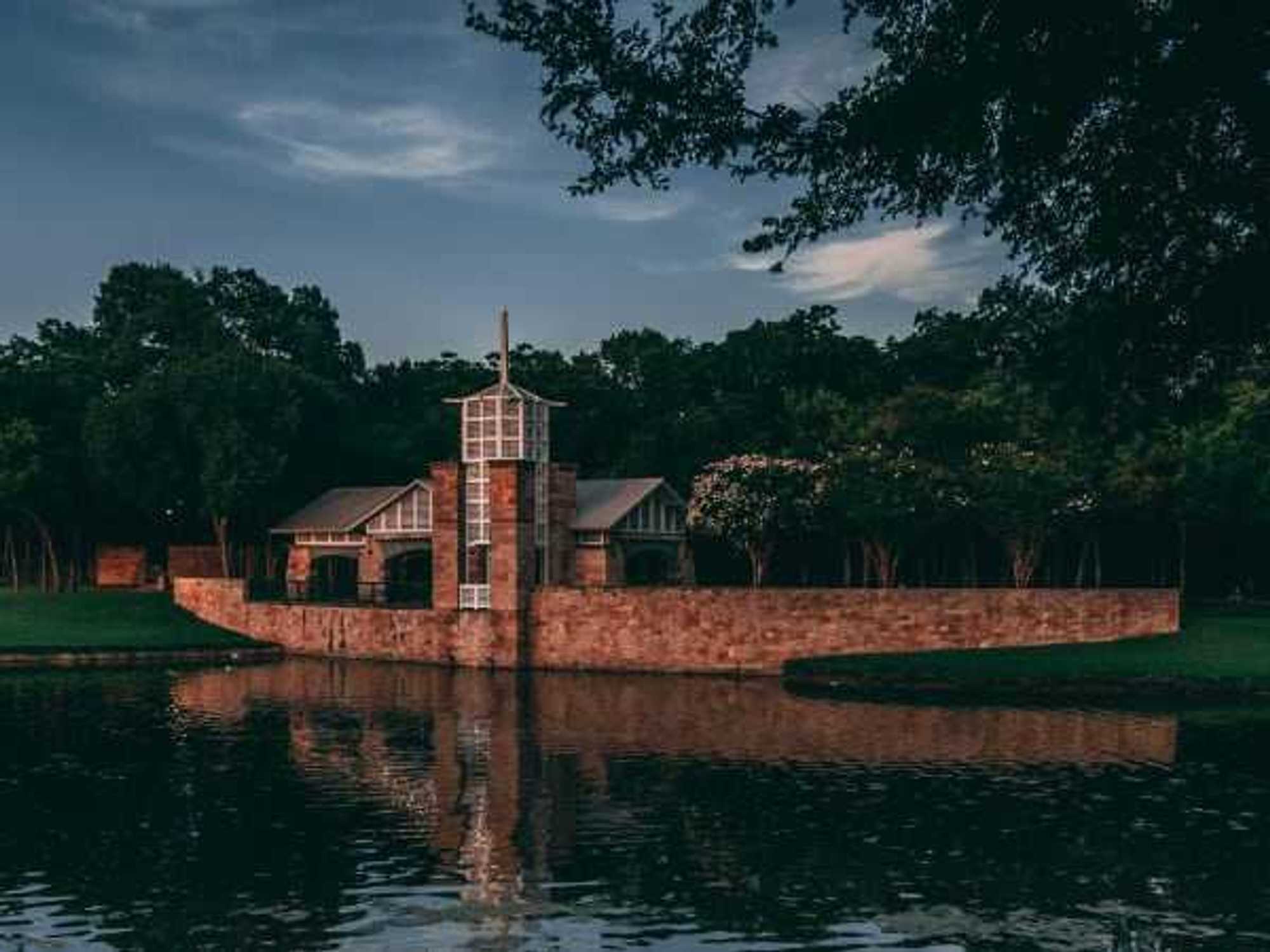Politics and the Pulpit
Religious leaders in Dallas express mixed feelings about Trump order

President Donald Trump has become known for the large number of executive orders he's signed since he was elected, but one he signed on May 4 involving religious liberty has even some faith organizations scratching their heads.
What the order does is essentially remove a gag on pastors that previously prevented them from preaching politics from the pulpit. It undermines the Johnson Amendment, which was passed in 1954 and held the premise that, if you don't want to pay taxes, you can't be involved in partisan politics.
During his campaign, Trump promised to dismantle the Johnson Amendment. However, he would need Congress to change the bill itself. So instead, he signed an executive order that relaxes IRS enforcement of that ban.
His executive order has two facets. One allows religious groups such as churches to participate in partisan activities and endorse political candidates without risking of losing their tax-exempt status. The second facet broadens the ability of a company to deny contraceptives for women as part of its health insurance policy for religious reasons.
Trump did all this during a breakfast on the National Day of Prayer, declaring, "We are giving our churches their voices back. We will not allow people of faith to be targeted, bullied, or silenced anymore." Religious leaders prayed in the Rose Garden at the White House just before he signed the executive order called "Promoting Free Speech and Religious Liberty."
Kelly Shackelford, president and CEO of Plano-based First Liberty Institute, a non-profit law firm that advocates for protecting religious freedom, says that the order is a good thing because the Johnson Amendment prevents pastors from speaking out on political issues and elections.
"Mainly, the Johnson Amendment is bad because it scares pastors," he says. "That should never happen. Removing the Johnson Amendment takes away that false fear."
But other religious leaders such as the Rev. Neil Cazares-Thomas, senior pastor at Dallas' Cathedral of Hope, aren't supportive of the order; Cathedral of Hope is one of the nation's largest predominantly gay and lesbian congregations.
"We've had freedom of speech already — to endorse the values of our faith," he says. Cazares-Thomas is also concerned about tax-deductible donations to churches for political causes. "We're blurring those lines, and the tax code," he says. "Churches should be in the business of supporting the values of Jesus, rather than the values of any politician or political organization."
Amanda Tyler, executive director of Baptist Joint Committee for Religious Liberty in Washington, DC, issued a statement calling the order a terrible idea.
"This order appears to be largely a symbolic act, voicing concern for religious liberty but offering nothing to advance it," she said. "Worse, it is further evidence that President Trump wants churches to be vehicles for political campaigns. Americans think changing the tax law to encourage churches to endorse and oppose political candidates with tax-deductible contributions is a terrible idea. But some politicians and a few interest groups looking to solidify their political power continue to push it to further their agenda."
The other facet of the executive order was equally controversial, putting women at risk of not being able to obtain contraceptives such as morning-after pills, diaphragms, and IUDs as part of their employer-offered health insurance.
The order provides "regulatory relief" to businesses, schools, and other entities that could result in allowing them to no longer include women’s preventative health services, including birth control, in their insurance coverage on the basis of religious or moral objection.
Planned Parenthood Federation of America called it a direct attack on women's access to birth control.
A 2014 Supreme Court case found that the ACA mandate that businesses must provide female employees with no-cost access to contraception was a violation of the Religious Freedom Restoration Act. The case was brought about by Oklahoma City-based Hobby Lobby, a family-owned chain of arts and crafts stores founded on Biblical principles. The Court ruled for-profit businesses can claim a religious exemption to the requirement they provide health insurance coverage for contraceptives.
The only "good" news is that Trump's executive order was so spottily written that most don't expect it to have much effect. USA Today said that, despite the spectacle, nothing really changes. The American Civil Liberties Union stepped back from an initial plan to file a lawsuit after determining it wasn't worth it, calling the entire thing an elaborate photo-op. The group Americans United for Separation of Church and State said the order had "more bark than bite."
Even Robert Jeffress, pastor of First Baptist Church Dallas and an avid Trump supporter, remained reserved about the ordinance.
Jeffress, who attended the signing as well as a dinner the night before, said he didn't plan to make political endorsements. "Today, President Trump removed the muzzle on pastors and other religious leaders," he said. "I have no interest in endorsing candidates from the pulpit but I do want the freedom to be able to speak my beliefs."

 Renderings for Halperin Park. Courtesy rendering
Renderings for Halperin Park. Courtesy rendering